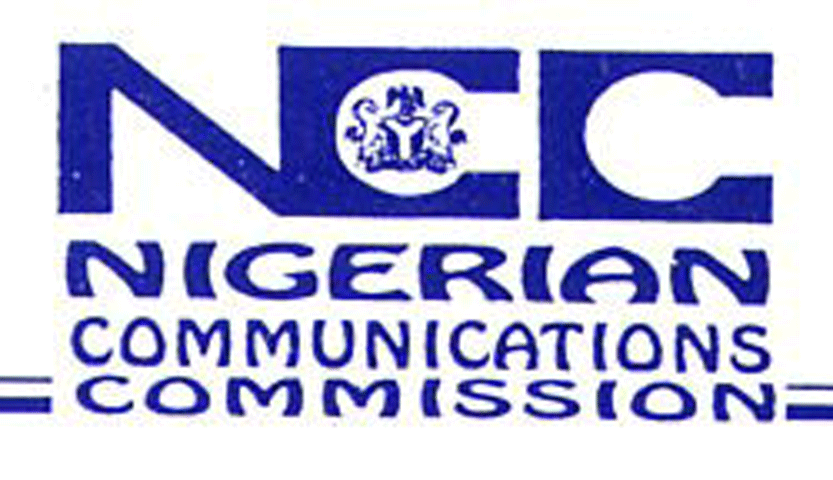Investigations by National Daily has shown despite the rising cost of doing business over the years, the Nigeria telecommunication industry has recorded a deliberate heavy reduction in cost of making calls in the country in the last 10 years.
According to the latest industry report for the sector, the annualized average cost per minute of a voice call during call traffic peak periods, across all the major telephony operators in the country has slumped by 67.26 per cent between 2007 and this year, 2016.
The report by the Nigerian Communications Commission (NCC) indicates that the average cost of calls made to a number within the same network (On-Net) and a number on another network (Off-Net) stood at N34.20k and N41.10k respectively totaling N75.30k in 2007.
However, On-Net and Off-Net tariffs now stand at N12.01k and N12.64 respectively to total N24.65k as against N75.30k recorded a decade ago.
As given by analysts in the industry, the effect of the reduced call rate tariff has reflected on the income Mobile Number operators (MNOs) in the country.
This is evident in the falling Average Revenue per User (ARPU), which recently stooped further from $6 to $4 monthly.
National Daily gathered that the introduction of partial Zero-rated data tariffs bundles with voice calls has created and fueled a drive for lower price offerings to consumers of the big four MNOs.
Rising and continuing competition among operators, especially on marketing of On-Net calls against Off-Net calls has also been identified as a catalyst of the pricing regime.
According to the President, Association of the Telecommunications Companies of Nigeria (ATCON), Olusola Teniola, operators have taken to pricing gimmick to retain existing customers and attract new ones.
Similarly, Teniola explained that the costs of passive infrastructure, that is towers, are no longer born wholly to some extent by operators, especially, infant operators, and therefore infrastructure sharing at the passive level has helped to reduce operational expenditure (OPEX).
Meanwhile, as subscribers spend less on telephony and operators earn less on same, some policy by the Nigerian Communications Commission (NCC) has cushioned the expected pinching effect on operators’ income and subscribers’ Quality of Service (QoS).
NCC’s intervention of imposing interconnection structures and data floor pricing directives has allowed continued competition to thrive, giving even new entrants or smaller players to roll out their respective services.

 Business1 week ago
Business1 week ago
 Football1 day ago
Football1 day ago
 Business7 days ago
Business7 days ago
 Education7 days ago
Education7 days ago
 Crime1 week ago
Crime1 week ago
 Covid-197 days ago
Covid-197 days ago
 Business1 week ago
Business1 week ago
 Latest5 days ago
Latest5 days ago

